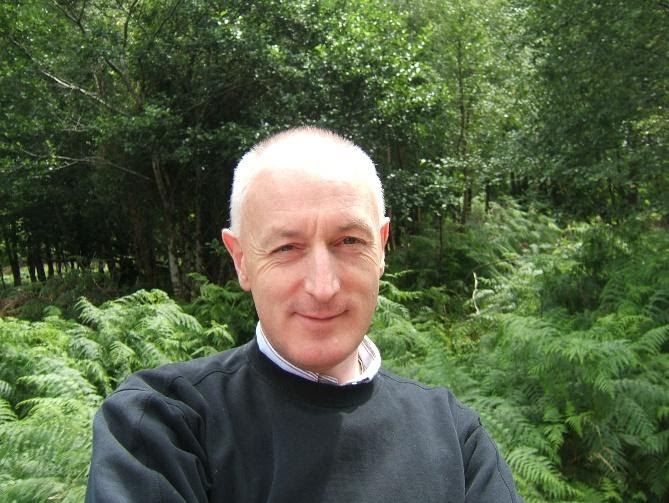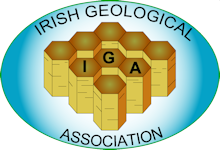
- This event has passed.
IGA Lecture -7pm, 23rd February 2022: “Chemical Weathering as a Strategy for the Large-Scale Capture and Storage of Atmospheric CO2” By Prof. Frank McDermott (UCD)
23 February, 2022 @ 7:00 PM – 8:00 PM GMT

“Chemical Weathering as a Strategy for the Large-Scale Capture and Storage of Atmospheric CO2”
By Prof. Frank McDermott (UCD)
Abstract:
Chemical weathering is an important but imperfect thermostat that has maintained Earth’s surface temperature within a broad range over much of geological time. This loose regulation arises because: (i) chemical weathering of silicate rocks and minerals consumes carbonic acid that is in chemical equilibrium with atmospheric CO2, thereby removing CO2 and (ii) the chemical weathering rates of common silicate minerals increase with higher temperatures. Thus, for example, a sudden release of CO2 to the atmosphere by large scale volcanism in the geological past would have caused some global warming initially, but this warming would then have produced enhanced silicate weathering that in turn would gradually remove much of the excess CO2 from the atmosphere, eventually averting runaway warming. This negative feedback in Earth’s climate system therefore acts as a crude global thermostat on geological timescales. On human timescales however, this natural thermostat is far too sluggish to remove the c. 35 billion tonnes of CO2 that humans inject into the atmosphere every year. The question explored in this talk is whether large scale engineered, enhanced chemical weathering could and should now be used to remove gigatonne quantities of CO2 annually from the atmosphere. This question is increasingly important because it is now recognised that active removal of atmospheric CO2 in tandem with drastic reductions in emissions may be essential to achieve ‘net-zero’ by 2050, a critical requirement to limit global warming to less than 2 degrees centigrade. One approach that is often proposed is to spread crushed rocks or minerals on soils to enhance global chemical weathering rates and thereby draw down atmospheric CO2. In principle this approach ought to work, because consumption of carbonic acid in soils by the weathering reactions, followed by the removal of weathering-derived calcium, magnesium and dissolved bicarbonate by rivers should increase ocean alkalinity and pH, allowing limestone to precipitate and lock up carbon for millions of years. Co-benefits might include an alleviation of ongoing ocean acidification and enhanced nutrients for crop plants. On the other hand, there are numerous objections, ranging from the moral hazard that geoengineered solutions might undermine emission reduction efforts, to scientific concerns in relation to land use, soil health and the carbon footprint of such activities. This talk will focus mainly on the use of crushed basalt in enhanced weathering, but the use of some industrial alkaline waste streams with potential for carbon dioxide removal at scale will also be mentioned. Geologists have a vital role to play because their skills are critical to evaluate the availability and suitability of candidate rocks and minerals for large scale engineered enhanced chemical weathering schemes, and their deep-time perspectives are crucial to assess the long-term impacts on Earth systems.
Frank McDermott – Biographical Summary
Professor Frank McDermott is currently Head of Geology at
University College Dublin and has been lecturing at the
department since 1996. Frank is a geochemist with broad
interests in aqueous and low-temperature geochemistry, mineral
weathering, isotope geology and U-series dating methods,
palaeoclimatology, atmospheric processes and energy
meteorology. His PhD was on “Granite Petrogenesis and crustal
evolution studies in the Pan-African Damara belt, Namibia” which
he obtained form Open University and subsequently became a
researcher for them also. Prior to his graduate study, Frank
worked in the Mineral Exploration. Frank is also currently an
elected member of the Royal Irish Academy (MRIA and Director
of the National Centre for Isotope Geochemistry (NCIG).
Date and Time: Wednesday, 23 February 2022, between 19:00 pm and 20:00 via Zoom.
To Register: send an e-mail to info@geology.ie
A Zoom link will be sent on the day to those who have registered.

